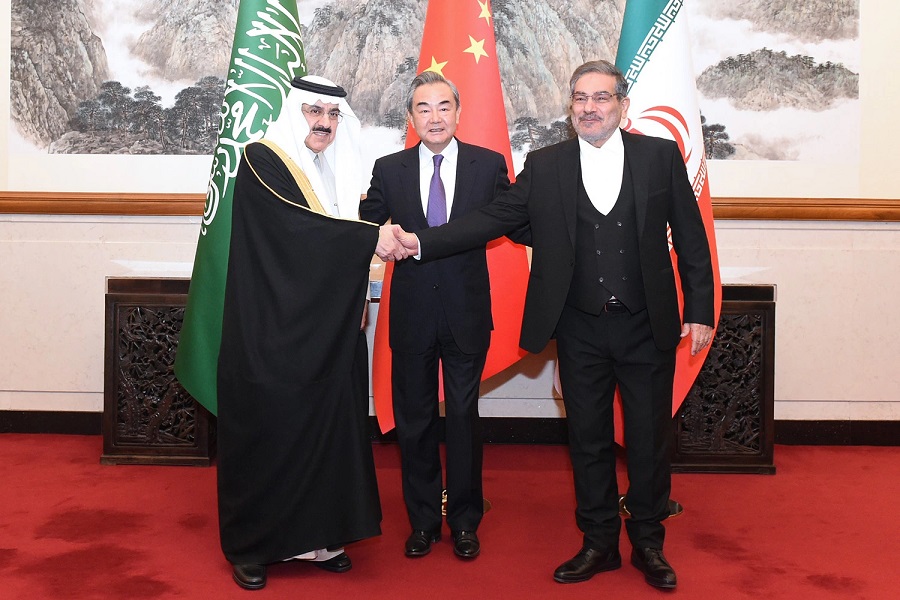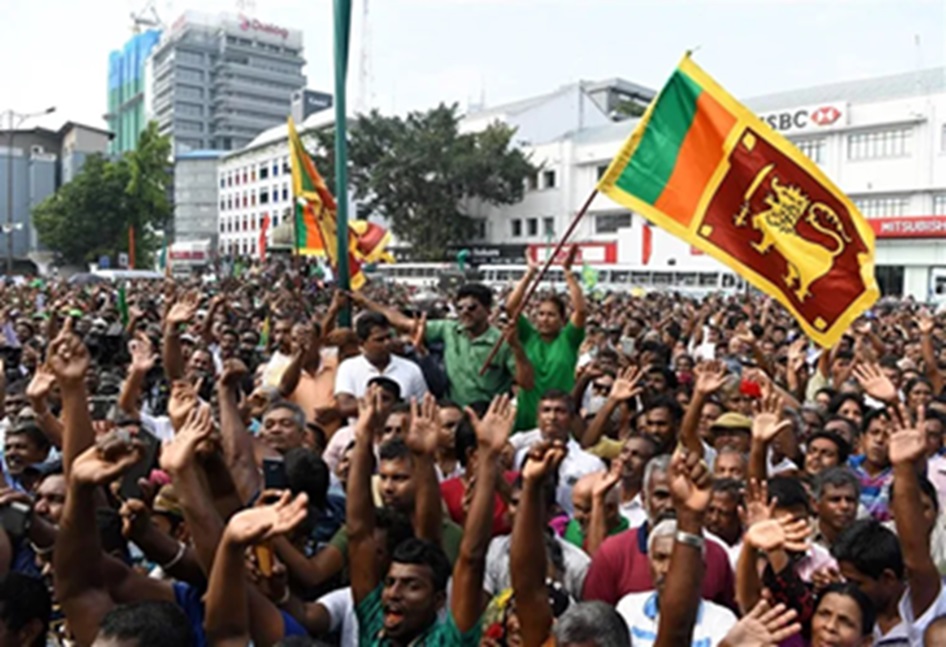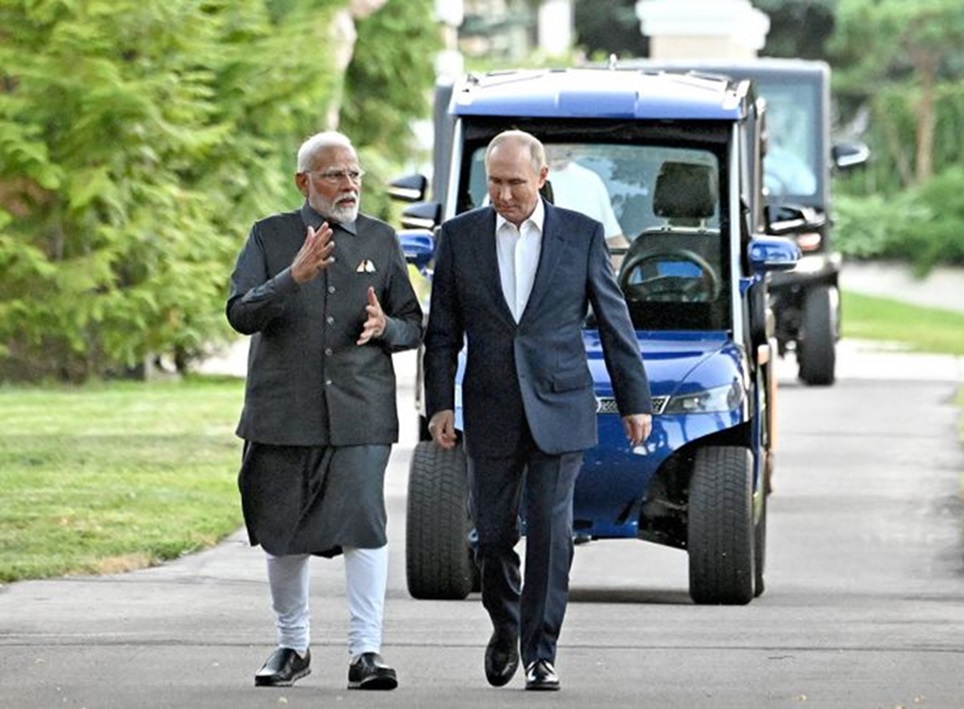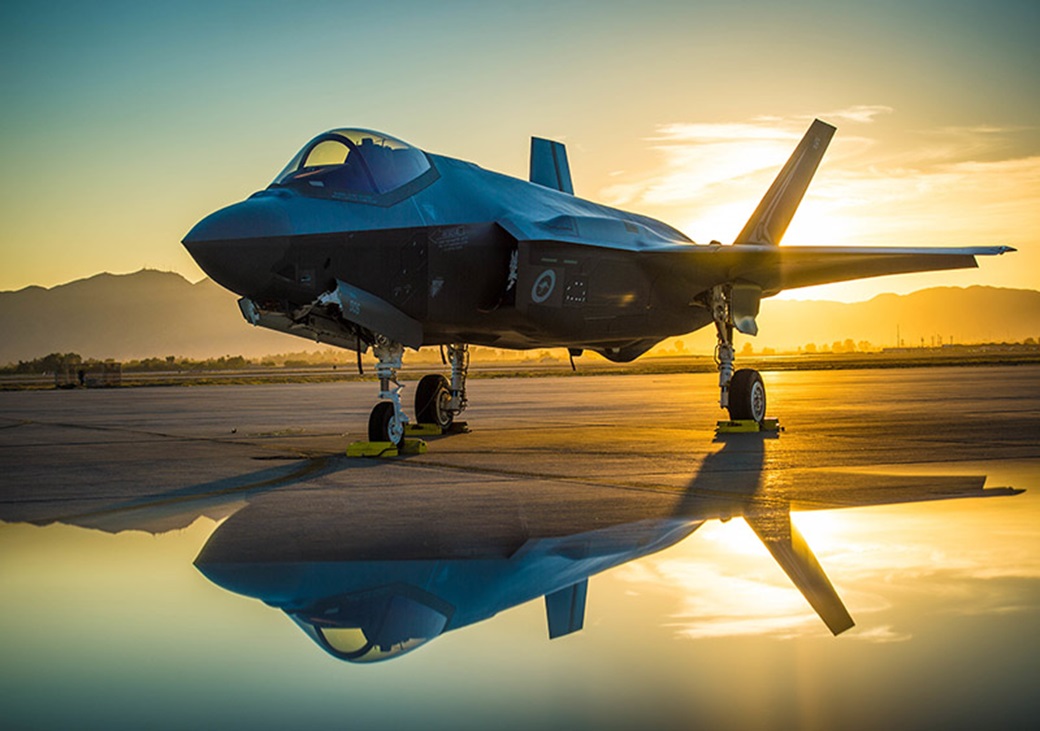The outreach of China to West Asian countries as an adversary to the US is a balancing act amid the ongoing conflict in Europe and the associated oil crisis.
Concerning the emerging multipolar world, the geopolitical contestation among the countries has been intended for a strategic flux to gain dominance in a region. In subsequent times the country’s priorities experienced a drastic shift to deal with the threat posed by the rival. However, in recent times, the United States has deliberately shifted its focus from the West Asian region to the Indo-Pacific region to counter the Chinese influence in the region. US involvement in the West Asian region has led to instability which posed an adverse impact even after the withdrawal of troops.
The waning of Washington’s political clout in West Asia added impetus to Chinese ambitions. The relationship between China and West Asian countries has been marked by strong cultural ties that date back many centuries. During the cold war, the majority of the West Asian nations voiced against Western hegemony alike Beijing. Despite the energy partnerships, China’s relations with the region diversified in transport, communication and technology remarkably in the 21st century (SIDDIQUI, 2022). The revanchist China seeks to maintain a strong foothold in West Asia due to its strategic significance. Xi-Jinping’s ambitious project Belt and Road Initiative (BRI) accentuates the deeper engagement with West Asia.
By brokering the peace deal between regional rivals Saudi Arabia and Iran, China gained a diplomatic victory by unveiling a new chapter. The West Asian countries view China as a trustworthy partner due to its non-interference in domestic events, unlike the West. The US and its allies eternally pushing the Islamic nations to uphold democratic principles. The policies of Bretton Woods institutions like the IMF and World Bank has been regarded as stumbling block.
In the perspective of both China and West Asian countries, the campaigning of human rights persists to be an impediment especially for Beijing due to its Uyghur Islamic oppression. Albeit the crackdown in Xinjiang, the Islamic countries back China in this issue in order to champion the autocratic axis. Despite the Chinese government’s Uyghur oppressive policy, it consolidated the Islamic countries’ endorsement through its soft power. China Islamic Association (CIA) plays a proactive role to leverage and stabilise relations with these countries by building mosques and upholding the Sharia principles which prohibit earning interest on loans (Shah, 2021).
In the aftermath of 9/11, the US targeted the Islamic world under the banner of a ‘war on terror’ through its military deployment in the region. It had implications even after the withdrawal from Afghanistan and Iraq. In addition, the hostile relations with Iran prevail as a setback for Washington owing to its proxy war in Syria, Yemen and Lebanon. Meanwhile, China’s outreach in West Asia is independent and shares mutual trust with the countries that were evident in the rapprochement between Riyadh and Tehran. Beijing also expressed its interest to mediate the Israel-Palestine crisis (Cash, 2023).
Even though the recent developments foster opportunities for China, it also bound by challenges. The subsequent efforts to hold talks with the warring parties drag China into power politics. Still, a truce is elusive between Saudi and Iran-backed Houthi rebels in Yemen even after the peace deal. Syria’s return to the Arab League and the Iran-Saudi Arabia restoration of diplomatic relations might be de-escalation to deal with the comprehensive security threats primarily food security which is in peril because of the ongoing Russia’s war on Ukraine. If any escalation in tensions erupts between the rival factions in West Asia, China has obliged to take measures to ensure peace and stability which may push the country in peril.
Image Courtesy: FP
Disclaimer: The views and opinions expressed by the author do not necessarily reflect the views of the Government of India and Defence Research and Studies
References
Cash, J. (2023, June 14). Reuters. Retrieved from https://www.reuters.com/world/china-palestinian-authority-establish-strategic-partnership-chinas-xi-2023-06-14/
Shah, K. (2021, May 12). Observer Research Foundation. Retrieved from https://www.orfonline.org/research/chinas-xinjiang-policy-the-imperative-for-india/
SIDDIQUI, F. R. (2022, October). Indian Council of World Affairs. Retrieved from https://www.icwa.in/WriteReadData/RTF1984/4193112784.pdf






